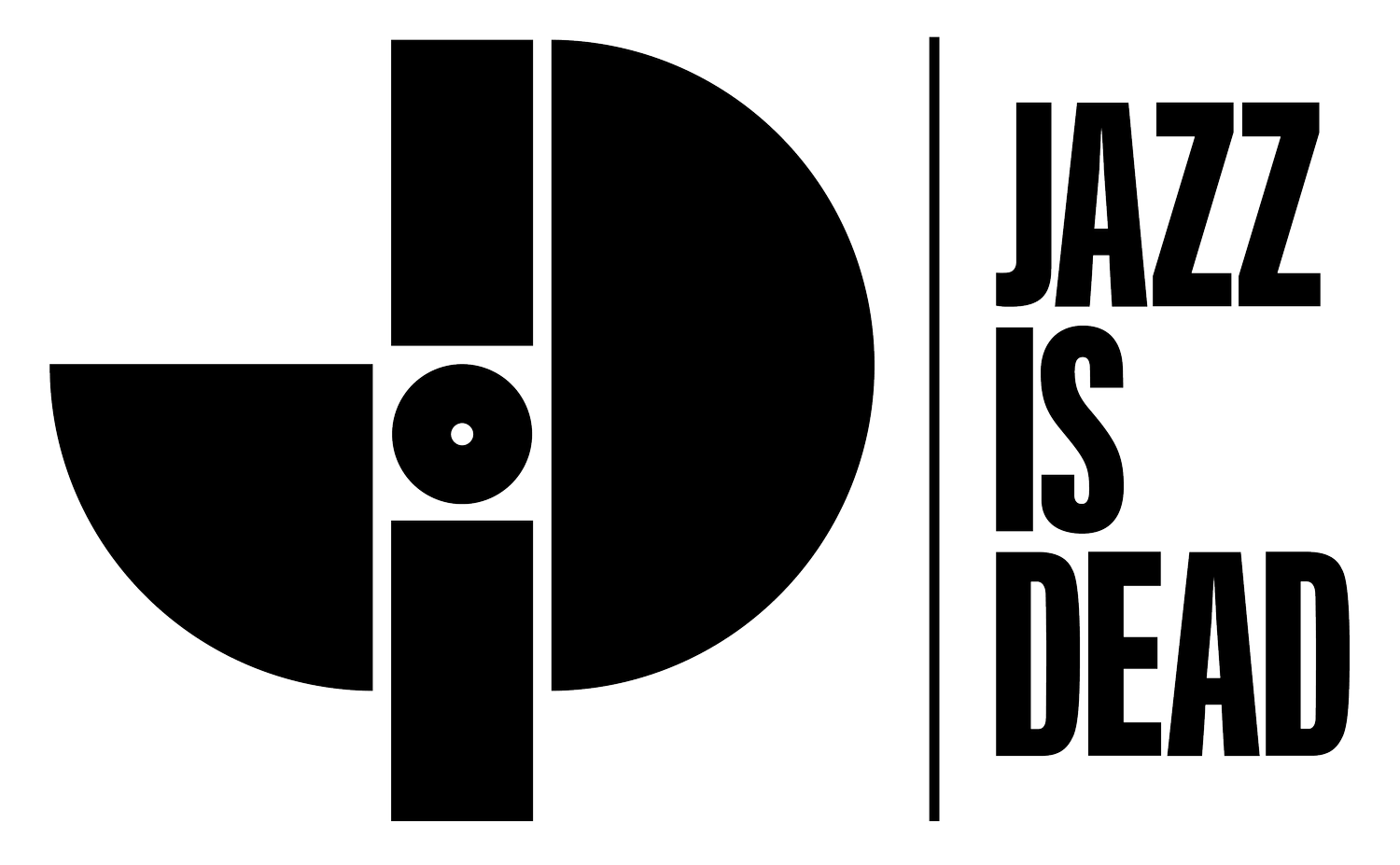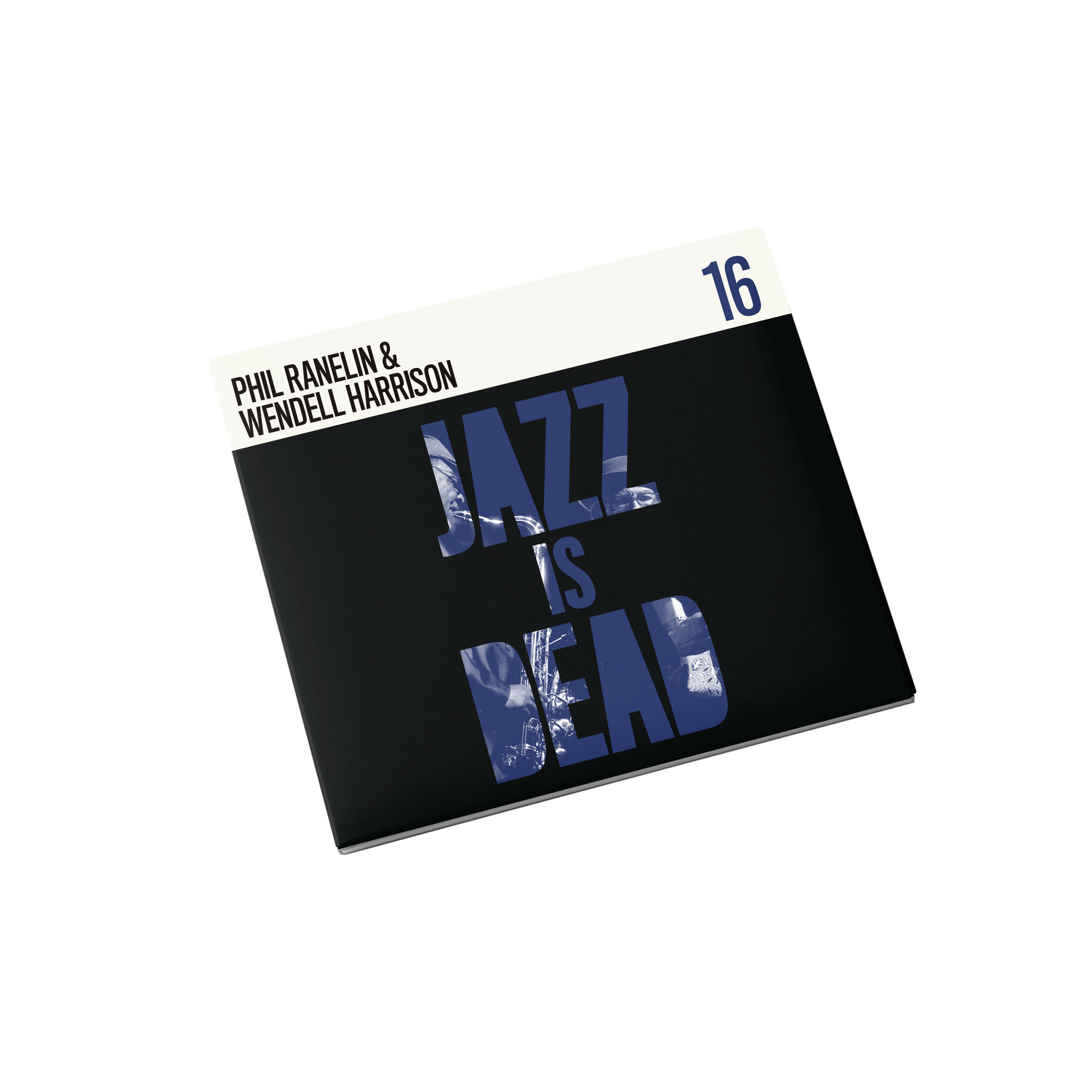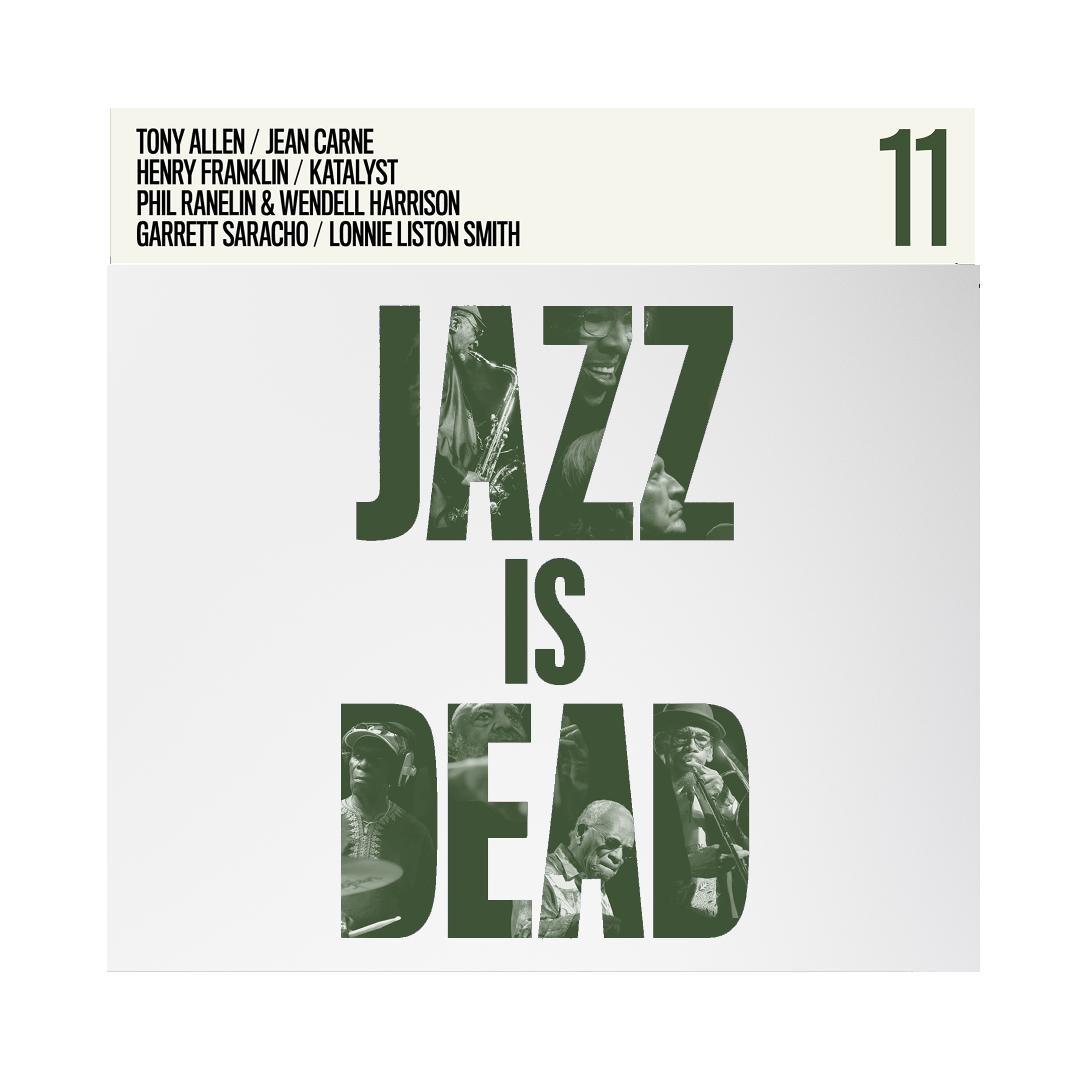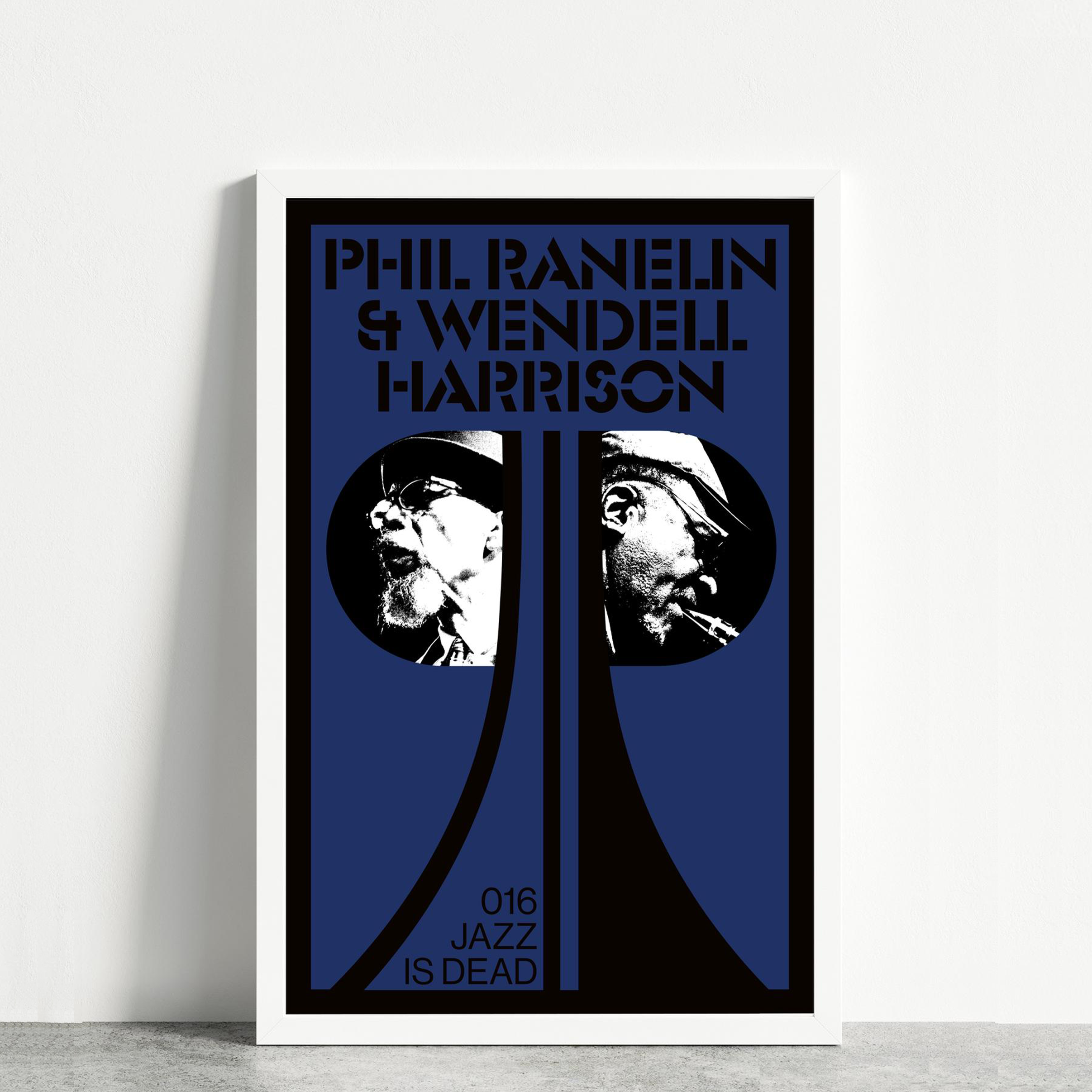PHIL RANELIN & WENDELL HARRISON
Saxophonist Wendell Harrison cut his teeth as a touring musician for Hank Crawford and Sun Ra. In 1968, he found himself back home teaching at Metro Arts, a government program aimed at youth involvement in the arts, and befriended Phil Ranelin. Ranelin moved to Detroit in search of new work opportunities as a musician, having already played with Freddie Hubbard and Wes Montgomery.
Together Wendell Harrison and Phil Ranelin formed Tribe Records alongside their brothers Marcus Belgrave, Doug Hammond, and Harold McKinney As the label promised, Tribe offered “a new dimension in cultural awareness." Each of their eight releases is a testament to the freedom and artistic license of each artist, crossing together influences from Bebop to Soul to Funk to Classical & Avant-Garde.
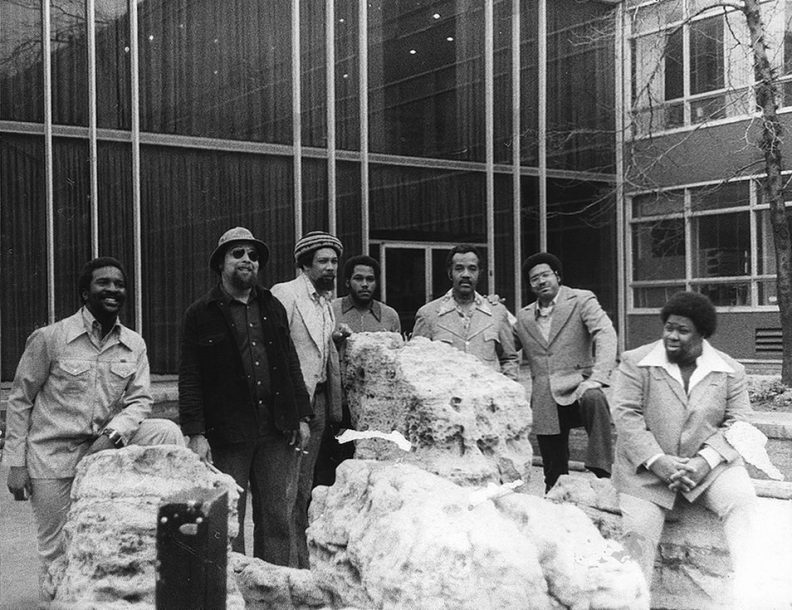
As the city economy continued slouching downward and racist zoning policies kept many Black people from home ownership, the act of self-publishing and promotion became a political one. Like the music itself, the goal of the business was to uplift the community and point towards a self-determined future.
In contrast to the profit-motivated production style of Motown, Tribe put musicians in control, self-releasing their records and relying on the support of DJs and fans, to build an organic following. To help fund and promote the records, they began publishing a magazine centered around Black politics and music, selling ad space to local businesses and giving young writers the chance to be published.
In the late 1970s, Ranelin left Detroit for LA. He would become a member of the Pan Afrikan People’s Arkestra, and an important presence in the city’s jazz community. He also recorded sessions with artists from Freddie Hubbard to Diane Reeves to the Red Hot Chili Peppers. Harrison has remained a mainstay in Detroit’s music scene, mentoring younger musicians and running the non-profit Rebirth, which aims to continue Tribe’s mission of community outreach and engagement in the arts. He has also collaborated with fellow Detroit artists, such as Amp Fiddler, Proof and Carl Craig.
In the years that have followed, the path Tribe blazed has become the blueprint for generations of independent artists. You can see traces of their communal ethos in contemporary groups such as the Katalyst Collective, and even in Jazz Is Dead. With the release of Ranelin and Harrison’s joint entry in the Jazz Is Dead series, they continue the mission of Tribe to provide “a new dimension in cultural awareness”.
